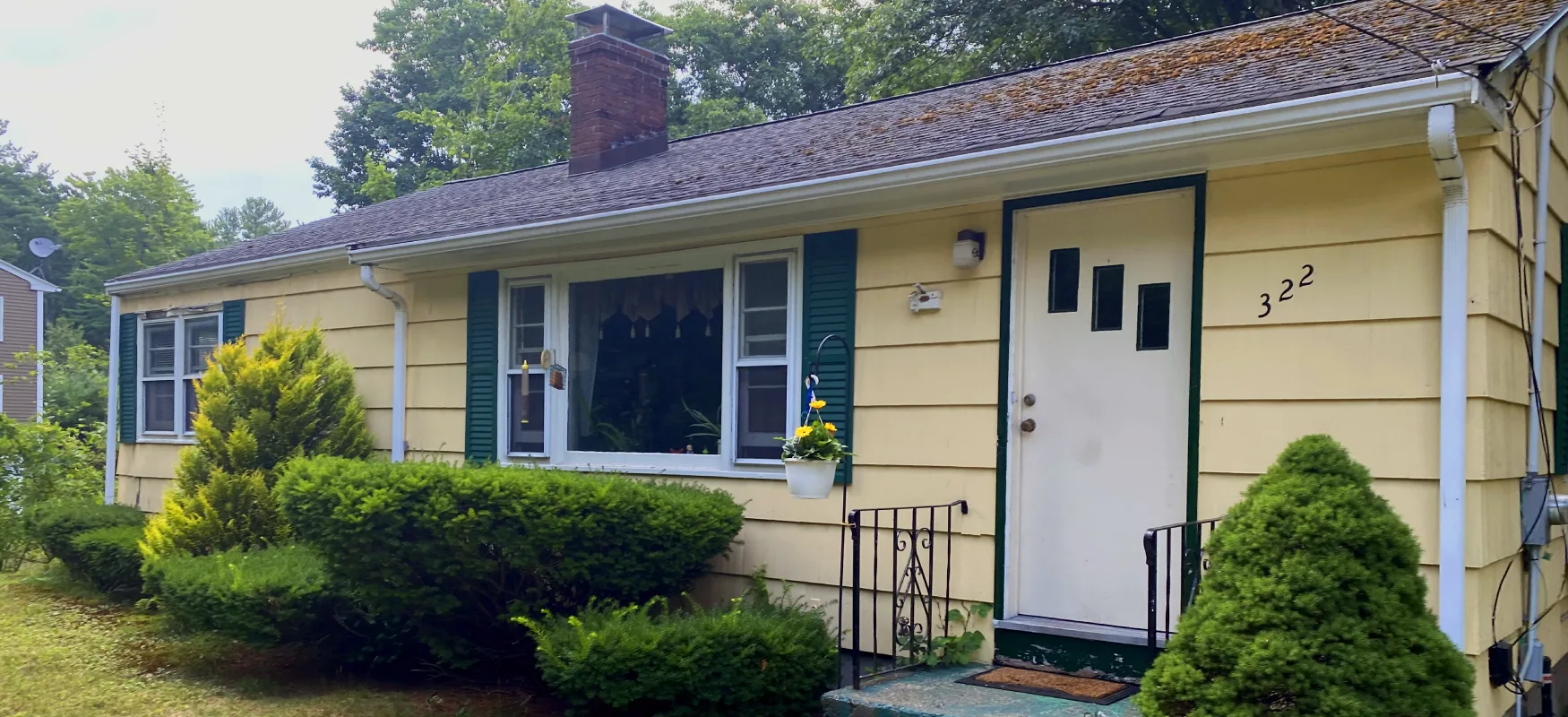Selling your house directly to a bank in Massachusetts is not as common as selling to private buyers. However, it can be a practical solution in certain situations. Whether you’re facing foreclosure, struggling with mortgage payments, or simply looking for a straightforward transaction, cash home buyers in Andover and other cities in Massachusetts can help you understand how this process works. This comprehensive guide will walk you through everything you need to know about selling your home directly to a bank, including when it’s possible, how it differs from traditional sales, and the key steps involved.
Understanding the Process of Selling Property Directly to Banks in Massachusetts
Selling a house to a bank in Massachusetts requires understanding crucial processes to ensure a seamless transaction. First, contact the bank and declare your interest in selling the property directly.
Banks may sometimes purchase homes, particularly if they want to expand their real estate portfolio or if the property is part of a foreclosure process. Homeowners should prepare by gathering all necessary documentation, including the property’s title deed, mortgage details, and any relevant financial information.
Knowing the present market worth of your property, which may be determined by a professional appraisal or by speaking with local real estate agents knowledgeable about Massachusetts’ housing market trends, helps one appraise it. Negotiating with the bank will probably include conversations about pricing and terms; hence, knowing about comparable sales in your neighborhood can help you more.
Additionally, homeowners must know the legal implications or state-specific regulations that could impact the sale. Engaging with legal professionals who specialize in Massachusetts real estate law can provide valuable guidance throughout this process.
Proactive and informed sellers have a better chance of successfully negotiating this selling approach when dealing directly with banks in Massachusetts. Here’s how Turning Point Home Buyers can help.
Can You Sell Your House Directly to the Bank
Yes, you can sell your house directly to a bank in Massachusetts, but it’s essential to understand the nuances of this process. Selling a house directly to a bank typically involves a transaction known as a deed-in-lieu of foreclosure.
Homeowners who find it challenging to keep up with mortgage payments and wish to prevent foreclosure often choose this course. Homeowners can reduce their mortgage-related debt by returning the property title to the lender. However, if the bank does not approve a deed-in-lieu, another viable option is to sell your house at auction, which may help recover more of the property’s value and settle debts more efficiently.
You should always be able to talk to your bank and ensure all your information is correct. It can help to get legal advice or speak to a real estate agent who knows Massachusetts rules to get through this process quickly.
When considering selling your house directly to a bank in Massachusetts, remember that banks may not always allow such transactions unless certain conditions are met, such as displaying financial trouble, which can complicate selling your Massachusetts home after three years.
How Do I Sell My House to the Bank in Massachusetts Without a Realtor?
In Massachusetts, it’s not common to sell your home to a bank without going through a real estate agent. Banks usually buy homes from owners when there is a default, a short sale, or a deed instead of foreclosure. You can talk to your lender about these choices if you have money problems and want to keep your home instead of losing it.
The process starts by contacting your bank’s loss mitigation department. You’ll need to explain your hardship, provide financial documents, and show the current value of your home. If approved, the bank may accept a short sale or take back the property through a deed in lieu, settling your mortgage debt.
Avoiding real estate professional fees might sound good, but this process can be complex. A real estate lawyer or short sale broker might still be able to help you. To protect your interests and ensure the sale goes smoothly, you must know the Massachusetts rules and how the bank works.
Can You Sell Property Back to the Bank
For homeowners in financial trouble, selling their property back to a bank in Massachusetts, also known as a deed instead of foreclosure, is a good alternative. Transferring ownership to the bank directly can prevent foreclosure and its adverse effects on your credit score.
To start the process, contact your lender and declare your interest in selling the house back. The bank will determine whether accepting the property is more financially advantageous than pursuing foreclosure.
Key considerations include your outstanding mortgage balance and the current market value of your property. While not all banks are willing to accept a deed instead of foreclosure, many may consider it if you can demonstrate genuine financial hardship and provide the necessary documentation.
Contact a real estate attorney or financial advisor familiar with Massachusetts property laws to navigate this complex process correctly. Turning Point Home Buyers can also help you connect with a trusted real estate attorney. Understanding each step will make it easier to negotiate with the bank and help you make informed decisions when selling your home to the bank.
What Happens If I Surrender My House to the Bank
In Massachusetts, when you surrender your house to the bank, people often refer to this process as a deed instead of foreclosure. By opting for a deed instead of foreclosure, you voluntarily transfer ownership of your property directly to the bank, thereby releasing yourself from the mortgage obligation. If you’re struggling with mortgage payments and want to avoid the lengthy and costly foreclosure process, selling your home quickly can be a strategic solution.”
It’s important to realize that giving up your home to the bank might hurt your credit score, usually not as much as a foreclosure. Furthermore, before they take a loan, banks could insist that you try to sell the residence on the open market.
It’s crucial to consult with legal and financial advisors in Massachusetts to fully comprehend any tax implications or deficiency judgments that might arise from surrendering your property. Engaging with the bank early and maintaining open communication can help facilitate a smoother transition during this challenging time.
Struggling with mortgage payments? Before you hand your house over to the bank, discover how our team of trusted Boston cash buyers and nearby cities in Massachusetts can help you sell quickly and avoid the long-term damage of foreclosure.
Want to sell your home or simply have questions? Contact us at (978) 644-0366 for a free, no-obligation offer. Get started today!

